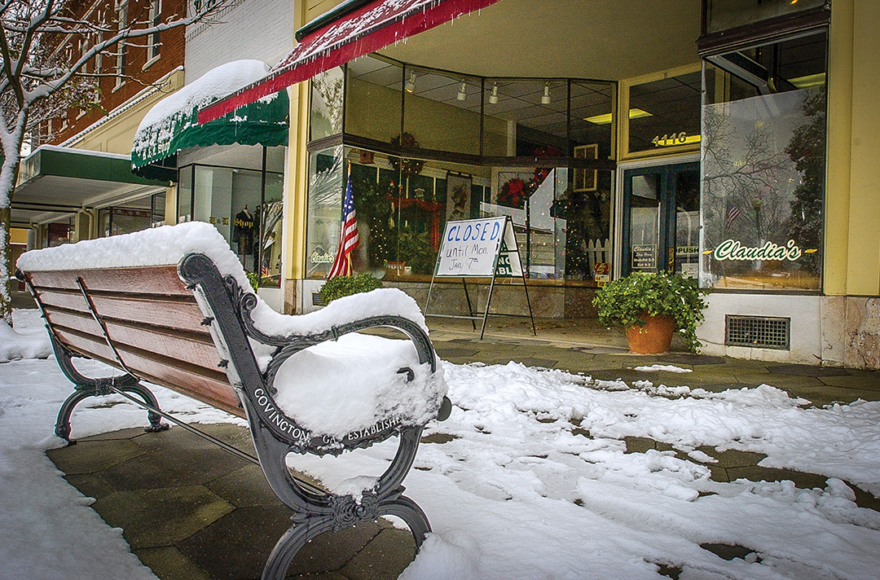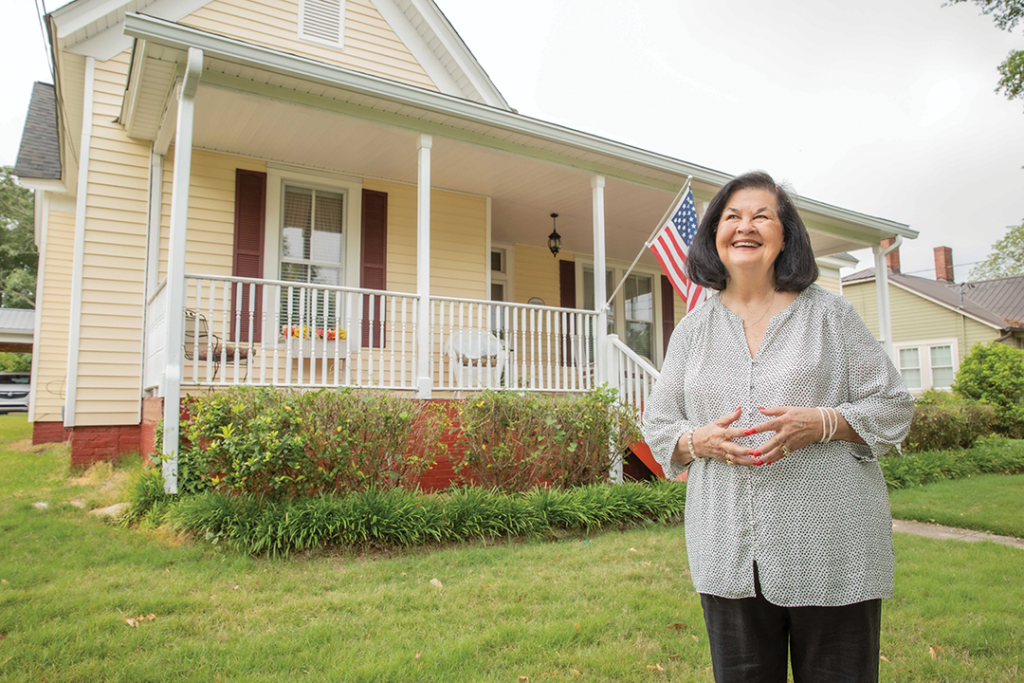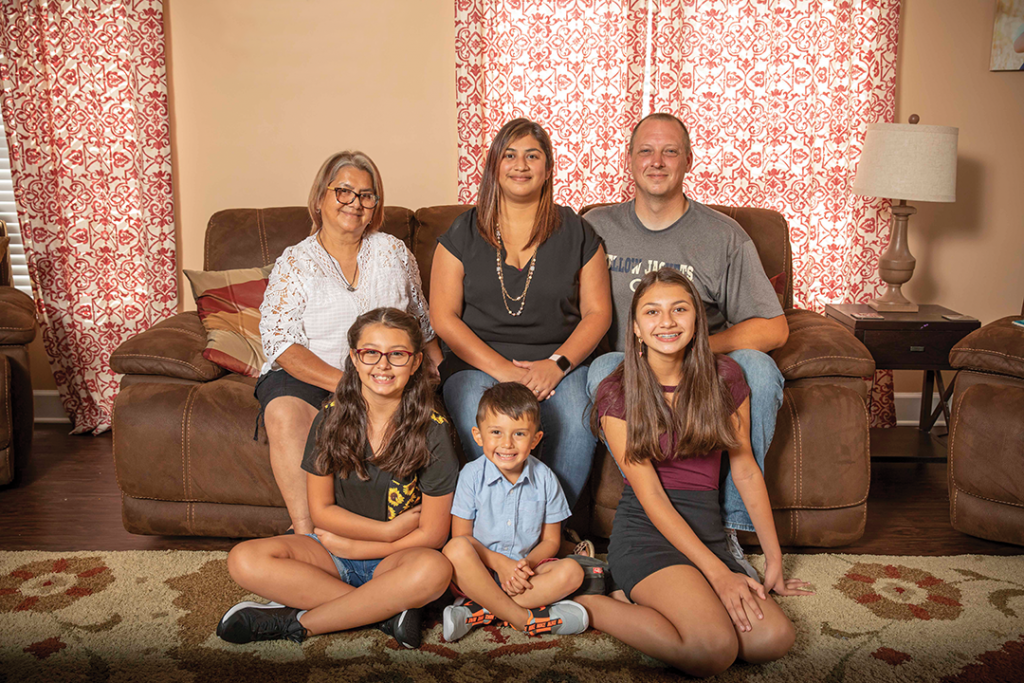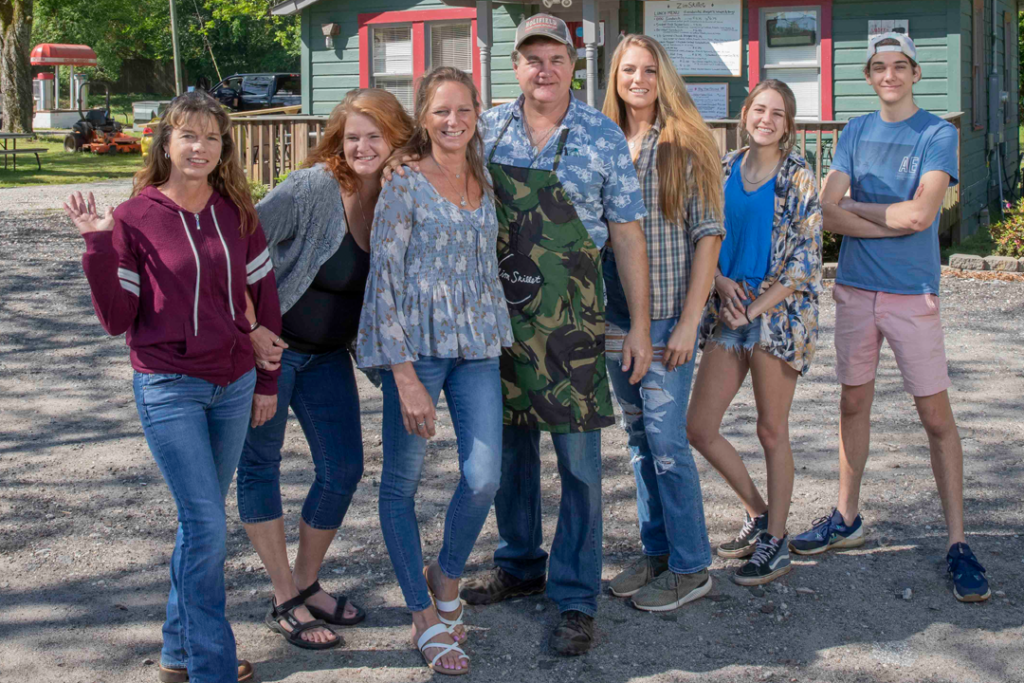The cold season in the North Georgia Piedmont seems to have grown less harsh over the years, largely leaving behind a time when flapless ears froze, pipes burst and Guy Sharpe’s Siberian Express sent temperatures into a nosedive. Some of us miss those days.
Return with me now to those thrilling days of yesteryear—before global warming and central heat—when Old Man Winter was the toughest dude around.
To begin with, let’s face reality. Winter just ain’t what it once was in the North Georgia Piedmont. I don’t pretend to be a scientist and cannot explain nor do I fully understand the Greenhouse Effect, the diminishing ozone layer or the relationship between cow flatulence and the climate. I do know this. It just isn’t as cold as it used to be.
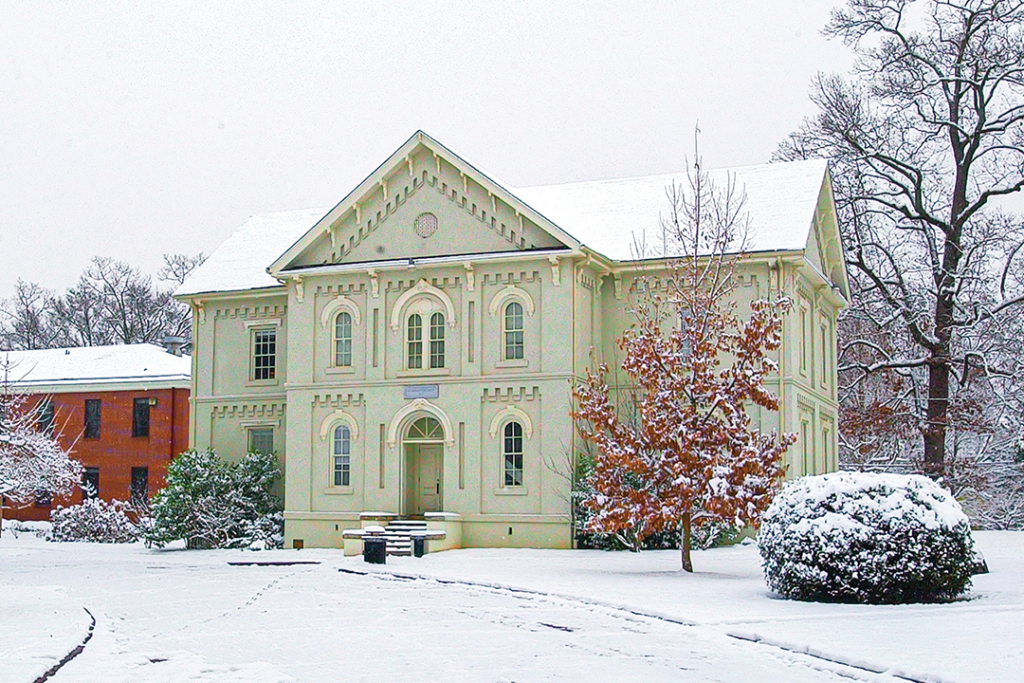
Winters were tough when I was a little boy. I’m not going to talk about how I walked four miles through the snow to get to school every day. It hardly ever snowed in Porterdale, and when it did, they closed school so we could stay home and play outside. However, I did walk to school, as did almost every other child in our little mill village. It didn’t hurt us any, as it was maybe a half-mile, not four. Still, that was one cold half-mile in wintertime. The worst part of the walk to school was crossing the bridge over the Yellow River. I know why they have those signs that read “Bridges ice before roadways.” It was cold as a well digger’s bottom going across that bridge in January and February. I still remember bundling up in my coat and hat. Remember those old leather caps that were lined with fur? They had flaps that you could pull down over your ears. We pulled them down, too, because if you didn’t, your ears would feel like ice cubes and somebody would sit behind you and thump them all morning. There were kids at Porterdale school who derived great pleasure from thumping frozen ears.
I’d start out every winter with a pair of gloves. The first one was always gone after about two days. That wasn’t so bad because I could carry my books with one hand and put the other in my coat pocket. By the second week of winter, both gloves were long gone, which meant that by the time I got to school, my hands were as red and frozen as my ears when I couldn’t find my cap.
“Heaven help you if you needed to get up and go to the bathroom during the night. It was outside on the back porch, which was an improvement over when it was outside in the backyard. You don’t know cold if you haven’t crawled out from under a nest of four or five quilts and walked barefoot over a wooden floor to an outdoor toilet.”
Darrell Huckaby
Getting to school wasn’t the only hardship created by the harsh winters of my childhood. Bedtime created an entirely different set of problems. Our house didn’t have central heat. We had one little gas space heater in the living room that tried to heat that room and the kitchen, but we turned it off at night. When it was time to turn in, my mama would tuck me under a pile of quilts so heavy that turning over was next to impossible.
Sometimes, it would be so cold that you’d resort to sleeping in a toboggan, or “sock hat,” as we called it. The problem with the sock hat was that the darn thing made you itch so much that you couldn’t stand to wear it. Other times, it was so cold in the bedroom that the windows frosted completely over and a thin layer of ice formed on the inside.
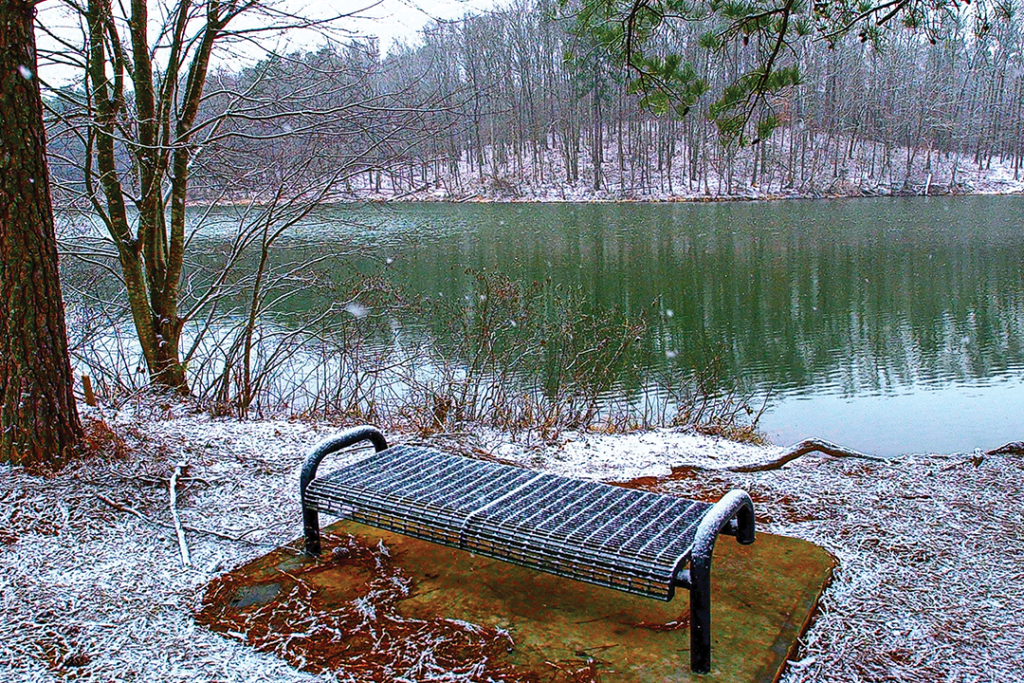
Heaven help you if you needed to get up and go to the bathroom during the night. It was outside on the back porch, which was an improvement over when it was outside in the backyard. You don’t know cold if you haven’t crawled out from under a nest of four or five quilts and walked barefoot over a wooden floor to an outdoor toilet.
I remember when we’d get a real cold snap and the temperature hovered around zero for a few days. That created real problems because most of the houses were built on brick pillars, about four feet off the ground, and were not underpinned. The cold air whipping under the houses caused the pipes to freeze and we’d be without water until the temperatures began to rise. When they did, there was a good chance that pipes would burst.
When our water pipes burst and water flooded our kitchen, my daddy cussed first, then called Oscar Harold Jackson, the town plumber. Oscar Harold drew a lot of overtime when the temperature got near zero. To try and avoid frozen pipes when Guy Sharpe, Atlanta’s weatherman, predicted that the Siberian Express—a cold front coming straight down from Canada—was on its way, we’d wrap our pipes with newspaper and duct tape, catch up buckets of water and leave the faucet in the sink dripping. It usually didn’t matter.
I don’t know how often those cold snaps came, but I do remember the Yellow River freezing solid a few times. Having chapped lips and a wind-burned face in winter was as common as stumped toes and bee stings in the summer. I’ve it made now, though. Our floors are carpeted, I can keep the thermostat on a reasonably warm temperature at night and I don’t have to go outside to use the bathroom unless I want to. I’ve never had a frozen pipe in my house, but I’ve only lived in it for 35 years. I’m not sure they make those little leather caps anymore.
Be it global warming, changing lifestyles or whatever, winter isn’t nearly as bad as it used to be. Most people are probably glad, but I kind of miss the cold weather; and when David Chandley tells me the Siberian Express is headed our way, I’m going to leave my pipes dripping just for old time’s sake.
Click here to read more stories by Darrell Huckaby.

